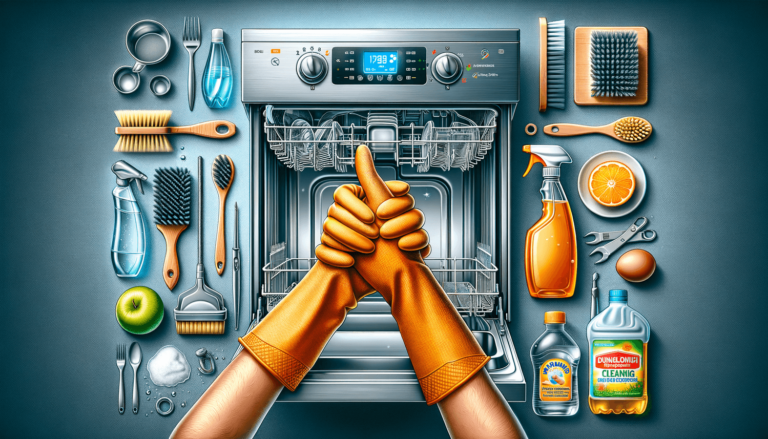

To clean a new home dishwasher, please follow these steps:
As a leading technology settings blog, Settings King understands the importance of keeping your appliances in prime condition. Proper maintenance of your new home dishwasher not only ensures clean dishware but also extends the life and efficiency of your appliance. Here, we’ll cover additional helpful tips to clean dishwashers effectively.
It’s recommended to clean your dishwasher once a month to keep it running smoothly and ensure optimal cleaning performance. Regular cleaning helps prevent buildup of soap scum, hard water deposits, and food debris, maintaining the efficiency of your appliance.
Keeping your new home dishwasher clean is essential for multiple reasons:
Beyond the mentioned steps, there are a few more things to consider to clean dishwashers efficiently:
For a better understanding and to address common concerns about cleaning new home dishwashers, we’ve compiled a list of frequently asked questions to assist with your dishwasher maintenance needs.
Yes, you can use alternative cleaning agents like dishwasher cleaning tablets or citric acid instead of white vinegar. Ensure that the cleaning agent you use is dishwasher-safe and follow the manufacturers’ instructions for proper use.
It is recommended to clean the filter at least once a month, or more frequently if you notice a decline in dishwasher performance or unusual odors. Regular filter cleaning helps maintain the appliance’s effectiveness and prevents clogs or issues caused by debris buildup.
To prevent dishwasher odor, ensure proper cleaning and maintenance of your appliance, remove standing water, use quality dishwasher detergent, and run a cleaning cycle with white vinegar or a dishwasher-safe cleaner periodically. Also, leave the dishwasher door ajar between loads to allow for proper air circulation and drying.
Bleach may be used in dishwashers with a stainless steel interior. However, do not use bleach in dishwashers with plastic interiors, as it could potentially cause damage. If you choose to use bleach, mix ½ cup of liquid bleach with a gallon of water, and follow the steps mentioned earlier but with the diluted bleach solution instead of vinegar.
Cloudiness on dishes could be due to hard water deposits or a buildup of minerals from the water supply. To tackle this issue, use rinse aid or a water softening agent in tandem with your dishwasher detergent, which helps prevent mineral deposits and ensures cleaner, shinier dishes.